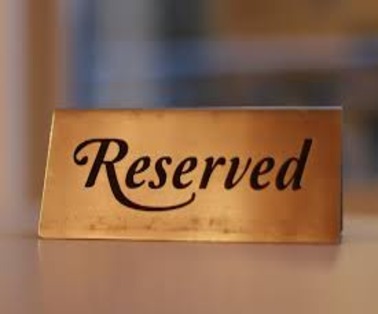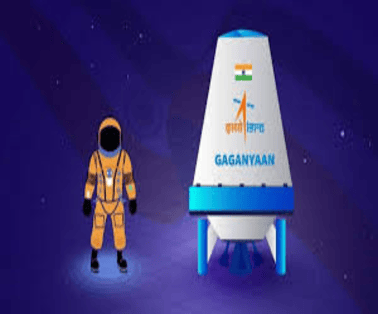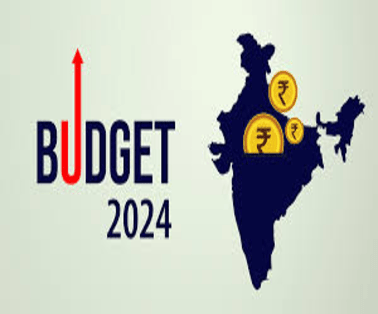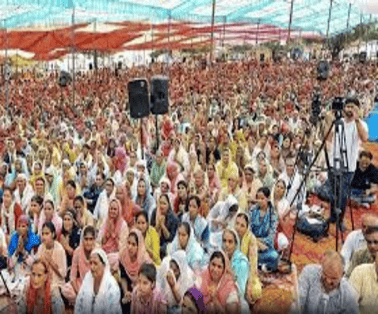The Karnataka state government abolished the 4% reservation for Muslims in the Other Backward Classes (OBC) category in the new Karnataka Reservation Policy
Key Points On Karnataka Reservation Policy
- At the Cabinet meeting in Karnataka, the BJP government did away with the nearly three-decade-old reservation for Muslims and distributed it equally among the Veerashaiva-Lingayats and Vokkaligas, two dominant land-owning communities in the State, at 2% each.
- The government also accorded internal reservation for 101 Scheduled Castes (SC).
New Karnataka Reservation Policy
- The state government has approved a new breakup of the reservation for SC communities in education and jobs in the Karnataka Reservation Policy
- According to the proposal, out of the 17 per cent reservation for SCs, 6 per cent has been awarded to the ‘SC Left’ group, which consists of the most backward of communities, including Madigas.
- The less backward ‘SC Right’ category, which has around 25 communities such as Holeyas, got 5.5 per cent of the quota while ‘touchable’ communities such as Banjaras and Bhovis got 4.5 per cent and the other SC communities got the remaining 1 per cent.
- Moreover, the government also withdrew the 4 per cent reservation available to Muslims in the backward classes category and distributed it to the dominant castes
- Under the new reservation policy, Muslims have been placed under the Economically Weaker Sections (EWS) reservation category, where they would compete with Brahmins, Jains, Vaishyas, and other non-backwards for a 10 per cent quota.
How Are Muslims Losing Out In The Karnataka Reservation Policy?

What Is Reservation?
- Reservation is all about reserving access to seats in the government jobs, educational institutions and legislatures to certain sections of the population.
- Part XVI deals with reservation of SC and ST in Central and State legislatures.
- Article 15(4) and 16(4) of the Constitution enabled the State and Central Governments to reserve seats in government services for the members of the SC and ST.
- The Constitution was amended by the Constitution (77th Amendment) Act, 1995 and a new clause (4A) was inserted in Article 16 to enable the government to provide reservation in promotion.
- Article 330 and 332 provides for specific representation through reservation of seats for SCs and STs in the Parliament and in the State Legislative Assemblies respectively.
- Article 243D provides reservation of seats for SCs and STs in every Panchayat.
- Article 233T provides reservation of seats for SCs and STs in every Municipality.
- Article 335 of the constitution says that the claims of STs and STs shall be taken into consideration constituently with the maintenance of efficacy of the administration.
Background Of Reservation
- William Hunter and Jyotirao Phule in 1882 originally conceived the idea of caste-based reservation system.
- The reservation system that exists today, in its true sense, was introduced in 1933 when British Prime-Minister Ramsay Macdonald presented the ‘Communal Award’.
- The award made provision for separate electorates for Muslims, Sikhs, Indian Christians, Anglo-Indians, Europeans and the Dalits.
- After long negotiations, Gandhi and Ambedkar signed the ‘Poona Pact’, where it was decided that there would be a single Hindu electorate with certain reservations in it.
- After independence, initially reservations were provided only for SCs and STs.
- OBCs were included in the ambit of reservation in 1991 on the recommendations of the Mandal Commission.
Why reservation needed?
- To correct the historical injustice faced by backward castes in the country.
- To provide a level playing field for backward section as they cannot compete with those who have had the access of resources and means for centuries.
- To ensure adequate representation of backward classes in the services under the State.
- For advancement of backward classes.
- To ensure equality as basis of meritocracy i.e. all people must be brought to the same level before judging them on the basis of merit
To Download Monthly Current Affairs PDF Click here
Click here to get a free demo
Everything About CLAT 2025



